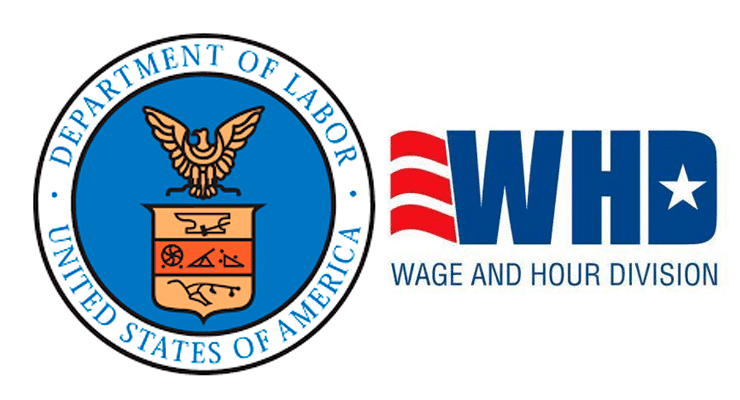December 4, 2022 – by MyChesCo
PENNSYLVANIA — Pennsylvania Department of Labor & Industry (L&I) Secretary Jennifer Berrier on Thursday announced that the Joint Task Force on Misclassification of Employees, a bipartisan-nominated group of volunteers representing business, labor, and government perspectives, has submitted its final report to the General Assembly with 15 unanimous recommendations.
The Joint Task Force was created by Act 85 of 2020 to study the misclassification of workers and its impact on the Commonwealth. Misclassification of employees occurs when a business wrongfully classifies a worker as an independent contractor when the nature, type, and oversight of their work determines they should be considered an employee under the law.
“Misclassification harms everyone except the lawbreakers. Misclassified workers are denied the protections and benefits to which the nature of their work entitles them. Law-abiding businesses lose out on business and contracts to unscrupulous businesses engaged in knowing and rampant misclassification. Taxpayers suffer because misclassification deprives the Unemployment Compensation Trust Fund and General Fund of revenue, which results in higher tax rates for everyone,” Berrier said. “I urge the General Assembly to act on the Joint Task Force’s recommendations to address this glaring problem.”
The Joint Task Force report estimates:
- 48,939 employers in Pennsylvania currently misclassify at least one employee annually;
- 259,000 Pennsylvania workers are misclassified annually;
- $91 million in annual lost revenue to the UC Trust Fund due to misclassification;
- Between $6.4 and $124.5 million in lost revenue in 2019 to the General Fund due to misclassification;
- $383 thousand in estimated losses to the Uninsured Employer Guaranty Fund (UEGF) due to misclassification in 2021;
- 10,892 misclassified employees who suffered injury or illness at work and were denied Workers’ Compensation in 2021;
- $153 million in estimated losses to misclassified employees who suffered injury or illness at work in 2021 without workers’ compensation insurance.
The Joint Task Force has held monthly meetings since January 2021 to study misclassification and will continue to meet through December 2022, when its authority under Act 85 expires. In addition to members appointed by the four caucuses in the General Assembly, the representatives from the Office of the Attorney General and the departments of Revenue and Labor & Industry also serve on the seven-member task force.






